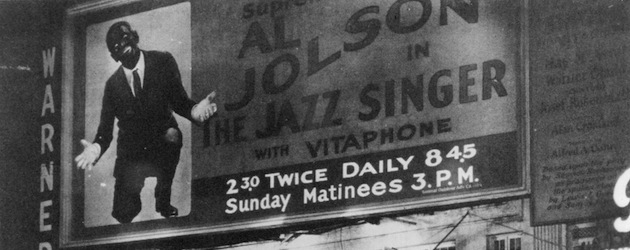
Music and theater have gone together since the first known opera in 1598. When the first musical, “The Jazz Singer,” premiered in 1927, the genre became an unstoppable force. A successful Broadway show can pull in upwards of $1,000,000 a week, and a Hollywood blockbuster can make up to $92 million in a single day. Yet, films based on musicals have spent the last twenty years circling the critical drain.
However, the success of 2012’s Les Miserables has studio hopes up: musicals on the horizon are learning from past mistakes and updating their appeal without damaging the integrity of the play… well, that’s the plan.
Missing That Certain Something
Recent musical reboots have failed to capitalize on existing fanbases while alienating potential new ones. Joel Schumacher’s “Rock of Ages” (2012) demonstrates the poppy suffocation of lauded Broadway musicals. Tom Cruise and Alec Baldwin couldn’t save the sinking ship. Despite opulent set design and catchy songs, the screen rendition of the movie missed the haunted undertones of deep loss and replaced them with watered-down pep aimed at pre-teen girls. The film cost $70 million to make and only grossed $51 million domestically.
The same sad tale is true for “Nine” (2009), “The Phantom of the Opera” (2004) and “Rent” (2005). Although each film had all the ingredients of a musical knock-out, the core emotion that haunts the audience was stripped out in favor of bubble-gum flash. The films above collectively lost around $80 million, despite immense Broadway success.
A Recipe for Success?
Despite a sidewalk paved with financial disaster, studios still search for that holy grail of musical success. Perhaps it’s the nostalgia and theoretical fan base, or maybe because going to a movie is more attainable than Broadway tickets. “Chicago” (2002) cost $45 million to make and brought in $170 million domestically, while “Les Miserables” cost $61 million and grossed about $440 million worldwide.
Although both films blew away expectations, Chicago succeeded because it didn’t try to take itself too seriously. The songs stayed fun without being melodramatic and the spectacle was organic. “Les Miserables” succeeded for the opposite reason. Director Tom Hooper knew exactly how to wield the delicate emotions of his cast. He injected a new, close-up human aspect to an already dismal story. Both blockbusters succeeded by exploring the complexities of the genre without trying to force appeal across genres.
The Future of the Musical on Film
The wild success of “Les Mis” has studios salivating for the next chance to turn Broadway into gold on the silver screen, and rumors have started swirling. In 2011, Will Smith announced that he would be re-making the beloved film “Annie” with Jay-Z handling the music (planned for December 24th, 2014). Jamie Fox, Sandra Bullock and Quvenzhane Wallis are slated to play the leads. If Jay-Z’s ability to turn a classic story into box-office gold, Baz Luhrman’s “The Great Gatsby” turnout doesn’t spawn much confidence.
“Into The Woods,” the lighthearted show that asks “what happens after a happy ending?” is also in the making. Johnny Depp, Anna Kendrick and Chris Pine are all rumored to be part of the project, but the hodgepodge of characters and multiple plots won’t be easy to master for mass-appeal. The songs will be catchy, but will the ticket sales?
Editor’s Note: This article was written by guest writer Lucky Sanchez. Lucky is a theatre major from the East Coast. Although hed love to end up writing Broadway reviews full time, he is happy to write about anything he can get his hands on in the entertainment world.